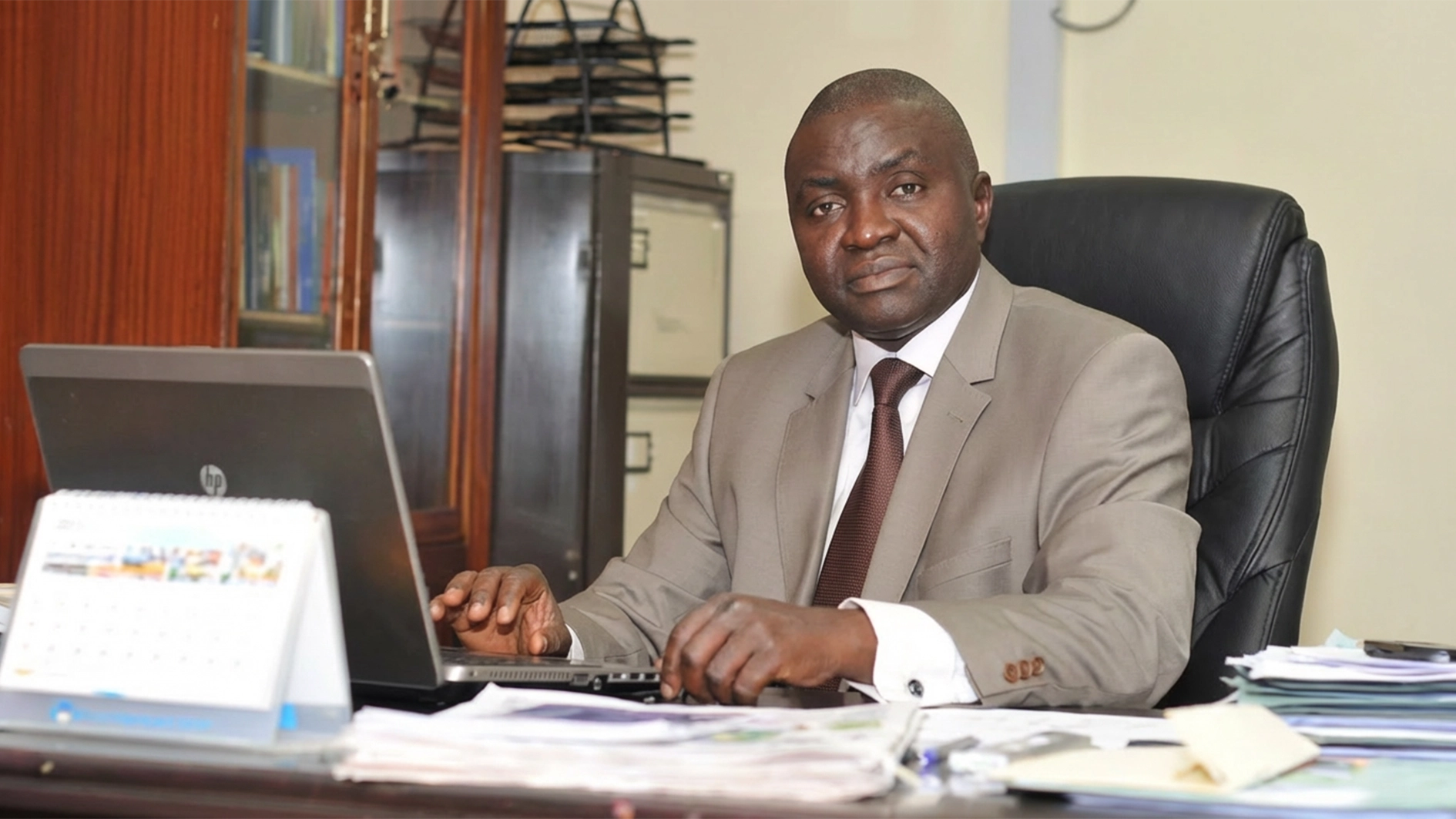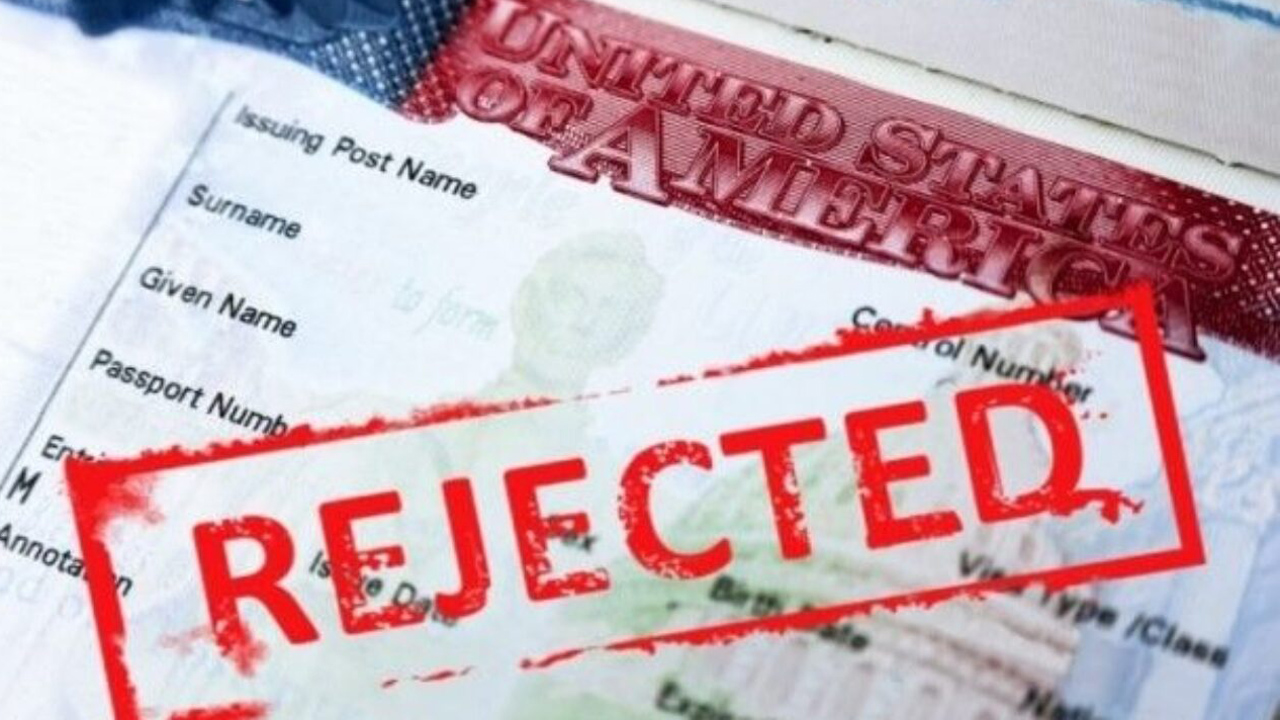1.3b adults lack bank accounts
The World Bank said that while there has been increased financial accounts ownership globally, about 1.3 billion adults still do not have financial accounts and are unable to benefit directly from the formal financial system.
The World Bank noted that though nearly half of adults lacked such accounts in 2011 and 26 per cent did in 2021, the number fell to just 21 per cent in 2024.
The bank noted that the lack of access has ensured that 1.3 billion adults worldwide still lack financial accounts and are thus unable to benefit directly from the formal financial system.
According to it, as account ownership continues to grow, those who remain without accounts are disproportionately more likely to be women or poor or to have no more than a primary school education, making them more vulnerable and difficult to reach than the general population.
Contained in its Global Findex 2025 report, it noted that most adults without accounts live in just eight economies, stressing that adults in high-income economies enjoy near-universal account ownership.
It pointed out that most adults without accounts live in contrast, in low- and middle-income economies, and 53 per cent of them—more than 650 million adults—reside in Bangladesh, China, the Arab Republic of Egypt, India, Indonesia, Mexico, Nigeria and Pakistan.
Nonetheless, the report revealed that more adults across developing economies, including Nigeria, saved money formally than ever before in 2024, driven by an increase in mobile money usage.
According to the report, a record 40 per cent of adults in developing countries now save money using formal financial accounts, including banks, mobile money, and fintech platforms, a 16-percentage-point leap from 2021, making it the fastest growth in more than a decade.
In Sub-Saharan Africa (SSA), formal savings jumped 12 percentage points to 35 per cent, thanks largely to the region’s leadership in mobile money adoption.
The World Bank noted that mobile-phone technology is the biggest driver behind this financial inclusion boom. Specifically, in developing economies, 10 per cent of adults now save using mobile money, up from five per cent in 2021, a development attributed to the rising smartphone penetration and growing access to internet services.
World Bank President, Ajay Banga, said: “Digital finance can convert this potential into reality. The Bank is helping countries expand digital IDs, modernise payment systems, and streamline regulations to keep the momentum going.”
Further on financial account ownership, the report said nearly 80 per cent of adults globally now have financial accounts, up from just 50 per cent in 2011.
“However, 1.3 billion people remain unbanked, though 900 million of them already own a mobile phone, with over half having smartphones,” it stated.
The report also revealed that women’s financial account ownership in low- and middle-income countries nearly doubled from 37 per cent in 2011 to 73 per cent in 2024, narrowing the gender gap significantly.
Still, the digital shift brings its own set of challenges. Among the four billion adults in developing countries who own a mobile phone, only half use a password to protect it, raising concerns about digital security, fraud, and identity theft.
In his contribution to the report, Chair of the Gates Foundation, Bill Gates, said: “More people than ever have the financial tools to invest in their futures. This is real progress. But there’s still work to be done to make systems safer and more inclusive.”






